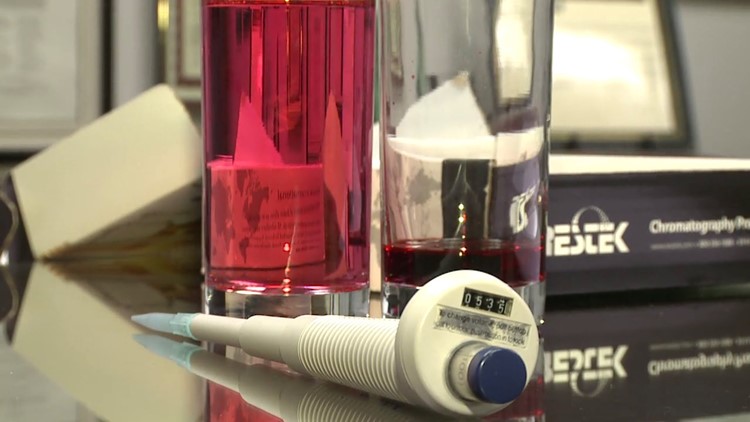The Pennsylvania Supreme Court ruled today that law enforcement must obtain a search warrant before drawing blood from unconscious suspects they believe to have been driving under the influence (DUI).
Justice David Wecht’s opinion recognizes that motorists are “deemed to have given consent” when on the road in Pennsylvania under the “implied consent” statute but notes that the driver, under the same law, has a right to refuse and if he/she can’t, the test may not be conducted.
The decision stems from an incident that took place in 2012.
Darrell Myers approached a Philadelphia police vehicle on the afternoon of December 29 after it pulled up behind his maroon SUV which was said to be running on the side of the road with brake lights flickering on and off. Myers staggered toward the officer, James Braggs, and was slurring his speech, police say. Braggs then recognized the smell of alcohol coming from Myers and observed a bottle of brandy on the front seat of the SUV, police add.
According to the case background, Myers was transported to Einstein Medical Center after being arrested for DUI.
Around 4:45 p.m., officer Matthew Domenic arrived at the hospital and was informed by hospital staff that Myers was just given medication that made him unconscious. Domenic attempted to communicate with Myers, unsuccessfully, before reading him a statement warning him of penalties if he refuses a blood draw for intoxication testing, police say. The officer then instructed a nurse to take a a blood sample from Myers, case background states.
Myers was charged with DUI and filed a pre-trial motion to suppress evidence from the blood draw — he states that his rights were violated according to the Fourth Amendment of the United States Constitution and the Pennsylvania Constitution.
The case was heard by the Philadelphia Municipal Court, the Court of Common Please and the Superior Court prior to being taken up by Pennsylvania’s highest court.
Myers’ motion was granted by the Philadelphia Municipal Court and the blood test results could not be used against him. The court said that Myers’ unconscious state prevented him from consenting or refusing. It was not unreasonable for police to obtain a warrant prior to the blood being drawn, the court also added.
That decision was later affirmed by the higher courts.



